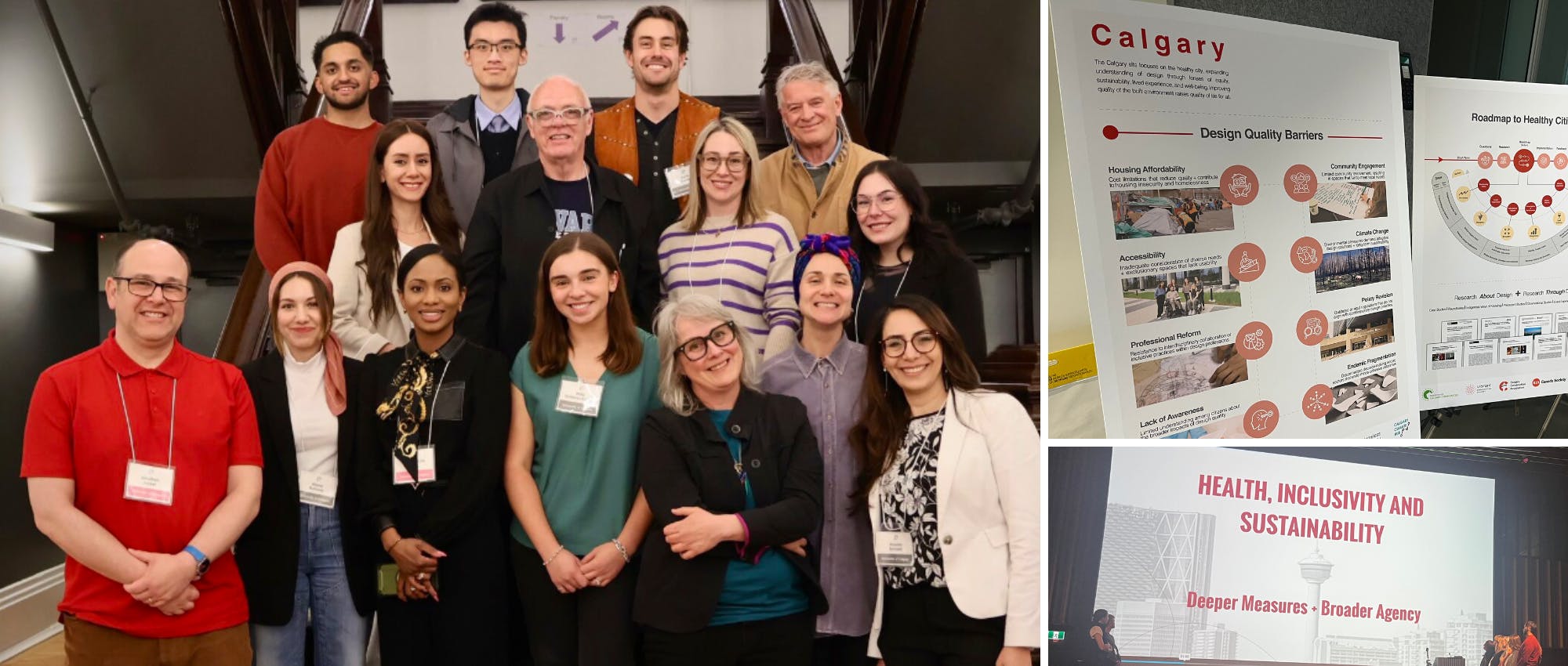If people just got a job, then poverty wouldn’t exist?
The idea that poverty would not exist if people just got a job is a common misconception. While having a job can certainly help to reduce the risk of poverty, it is not a guarantee that an individual will be able to escape poverty.
There are a number of factors that can make it difficult for individuals to secure well-paying jobs and escape poverty, including:
- Lack of access to education and job training: Without access to education and job training, individuals may be unable to acquire the skills they need to secure well-paying jobs.
- Discrimination: Discrimination on the basis of race, gender, sexual orientation, and other factors can make it difficult for certain groups to access the resources and opportunities they need to secure well-paying jobs.
- Limited job opportunities: In some areas, there may be few job opportunities available, making it difficult for individuals to secure employment.
- Low-paying jobs: Even if an individual is able to secure a job, it may not pay enough to lift them out of poverty.
Additionally, there are many people who are working but still living in poverty, such as those who are working low-wage jobs, working multiple jobs, or those who are self-employed. This is often referred to as "working poverty."
It's important to understand that poverty is a complex issue that can be caused by a variety of factors, and simply getting a job may not be a solution for everyone. A comprehensive approach that addresses the various factors that contribute to poverty is needed to effectively reduce poverty. [wow this bot really gets it!]
Are there systems that hold people in poverty?
Yes, there are systems that can hold people in poverty. These systems can include economic, political, and social structures and policies that create barriers and limit opportunities for individuals and families living in poverty. Some examples of systems that can hold people in poverty include:
- Economic inequality: When a small portion of a population controls a large share of wealth, it can be difficult for others to access the resources they need to meet their basic needs. This can lead to poverty, as individuals and families are unable to afford necessities such as food, housing, and healthcare. [we wrote a blog about this.]
- Lack of access to education and job training: Without access to education and job training, individuals may be unable to acquire the skills they need to secure well-paying jobs and escape poverty. This can be especially true in areas where there are few economic opportunities.
- Discrimination: Discrimination on the basis of race, gender, sexual orientation, and other factors can make it difficult for certain groups to access the resources and opportunities they need to escape poverty. This can include discrimination in the job market, education system, and housing market. [we agree! Here are some resources!]
- Limited affordable housing: High housing costs and a lack of affordable housing can make it difficult for low-income individuals and families to find stable housing.
- Government policies: Government policies and programs can either help or hinder the fight against poverty.
It's important to understand that these systems are interrelated and that changing one system will not necessarily solve poverty. A comprehensive approach that addresses the various factors that contribute to poverty is needed to effectively reduce poverty.
Does poverty lead to crime?
There is a complex relationship between poverty and crime, with poverty often being a significant risk factor for crime. However, it is not accurate to say that poverty directly causes crime.
Research has shown that individuals and families living in poverty are at a higher risk of becoming involved in crime due to a variety of factors, including:
- Lack of economic opportunities: When individuals and families are unable to find well-paying jobs or access economic opportunities, they may turn to illegal activities to make ends meet.
- Lack of social support: Individuals and families living in poverty may have limited access to social support networks, which can make them more vulnerable to involvement in crime.
- Lack of access to education and job training: Without access to education and job training, individuals may be unable to acquire the skills they need to secure well-paying jobs and escape poverty.
- Discrimination: Discrimination on the basis of race, gender, sexual orientation, and other factors can make it difficult for certain groups to access the resources and opportunities they need to escape poverty.
It's also important to note that crime can also perpetuate poverty, as individuals with criminal records may face barriers to employment and other opportunities, making it more difficult for them to escape poverty.
It's important to understand that poverty and crime are complex issues that are influenced by a variety of factors and should be addressed in a comprehensive way, rather than seeing poverty as the sole cause of crime.
[yup! Check out this op-ed.]Why are Indigenous people in Canada overrepresented in poverty?
Indigenous people in Canada are overrepresented in poverty due to a history of colonization, forced assimilation, and discrimination. These experiences have resulted in a loss of land, culture, and opportunities, leading to economic and social marginalization. Additionally, Indigenous communities often lack access to basic services and infrastructure, such as clean water, education, and healthcare. This has contributed to high rates of poverty, unemployment, and poor health outcomes among Indigenous peoples in Canada.
[we have some resources on this too!]What are the barriers to solving poverty?
There are a variety of barriers to solving poverty, some of the main ones include:
- Economic inequality: When a small portion of a population controls a large share of wealth, it can be difficult for others to access the resources they need to meet their basic needs. This can lead to poverty, as individuals and families are unable to afford necessities such as food, housing, and healthcare.
- Lack of access to education and job training: Without access to education and job training, individuals may be unable to acquire the skills they need to secure well-paying jobs and escape poverty.
- Discrimination: Discrimination on the basis of race, gender, sexual orientation, and other factors can make it difficult for certain groups to access the resources and opportunities they need to escape poverty.
- Limited affordable housing: High housing costs and a lack of affordable housing can make it difficult for low-income individuals and families to find stable housing.
- Government policies: Government policies and programs can either help or hinder the fight against poverty.
- System justification: As previously mentioned, system justification refers to the psychological tendency to defend and legitimize existing social, economic, and political systems, even when they are unjust or harmful. This can create barriers to acknowledging and addressing poverty.
- Lack of political will: Tackling poverty is a complex and difficult task that requires a long-term commitment and sustained effort. Without the necessary political will, it can be difficult to implement the policies and programs needed to reduce poverty.
- Limited understanding of poverty: Limited understanding of poverty, its causes and its effects, can lead to the implementation of inadequate and ineffective policies and programs.
It's important to understand that poverty is a complex issue that is influenced by a variety of factors, and addressing poverty requires a comprehensive approach that addresses the underlying systems and structures that contribute to poverty.
Is there a solution to poverty?
Poverty is a complex issue that is influenced by a variety of factors and there is no single solution to poverty.
Reducing poverty requires a comprehensive approach that addresses the underlying systems and structures that contribute to poverty, such as economic inequality, lack of access to education and job training, discrimination, and government policies.
Effective strategies to reduce poverty may include increasing the minimum wage, creating affordable housing, expanding access to education and job training, and implementing progressive tax policies. [yes!]
Additionally, social safety net programs such as cash transfer programs, food assistance, and housing subsidies can help to alleviate poverty in the short term and provide support to individuals and families living in poverty.
It's important to note that reducing poverty also requires a long-term commitment and sustained effort.
It's also important to note that ending poverty is not just about providing financial assistance, it's about creating opportunities for people to access education, healthcare, and jobs that pay a living wage. It's also about creating a more equitable and just society where everyone has the opportunity to thrive. [wow this bot is reading our minds!]
It is a complex problem that needs to be tackled from many angles and it's a task that requires collaboration between government, private sector and civil society.




